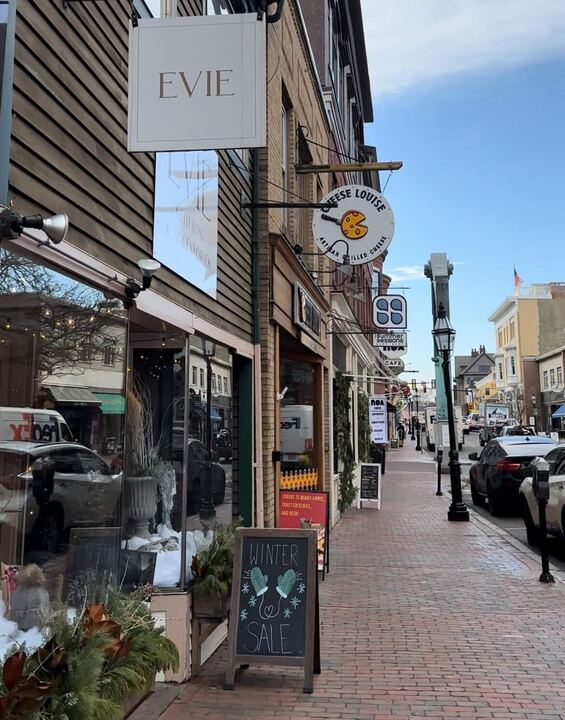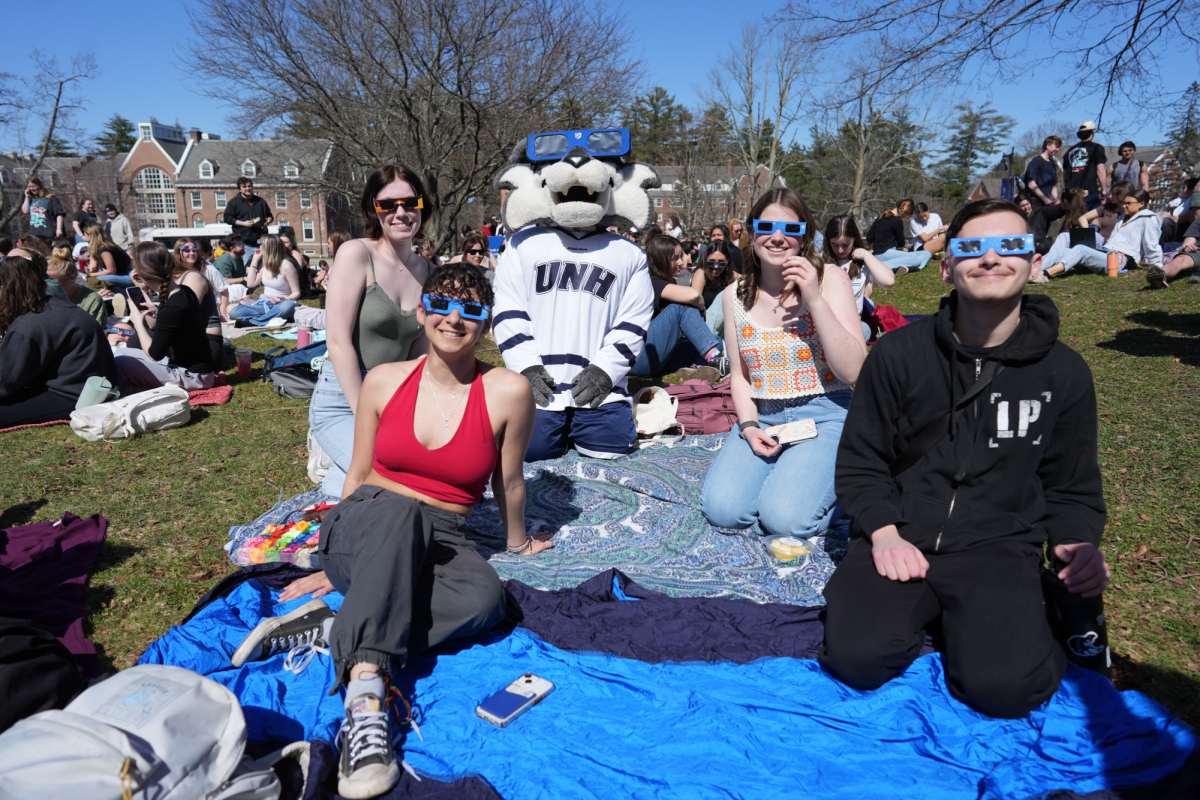Senior theater & directing major Alex Natario was excited last spring semester when he was cast as the antagonist, Mr. Shears, in the University of New Hampshire (UNH) theater department’s production of “The Curious Incident of the Dog in the Night-Time;” a 2012 play that follows the story of a 15-year-old autistic boy Christopher Boone as his investigation into the killing of a dog leads him on a journey of self-discovery.
The show’s cast only completed one read through of the script before UNH shut down.
“It was a huge let down,” said Natario. “But obviously we knew it was the right then. However, having to go home after having such an exciting show laid down in front of us—it was not a happy time.”
The outbreak of the coronavirus (COVID-19) meant the UNH theater department now had to adapt their shows to fit the new restrictions.
There were originally plans to postpone the “The Curious Incident” but as the COVID-19 cases continued to rise and colleges across the country closed for the semester, it soon became clear that wouldn’t be a possibility. There were also thoughts of hosting a virtual performance, but they were dismissed due to worries over licensing issues. The production was officially canceled.
However, UNH Theater & Dance professor and the show’s director David Kaye couldn’t shake the feeling that there had to be some way for the show to continue.
“Maybe there was a degree of just an unwillingness to let it go,” explained Kaye. “I was hoping maybe we could do it the following year, but I felt bad because I had seniors, and this was going to be their last production. I couldn’t let go of the fact that their performance career at UNH was going to come to such an unceremonious end.”
The final decision was left to the show’s cast and, of the original 16 actors and stage manager, only four actors left the project. Kaye’s disappointment over the original play’s cancellation was quickly overtaken by figuring out how to perform a play entirely over Zoom.
Kaye has had some experience with virtual performance before having directed two shows that featured “telematic performance.”
Telematic performance is a technique usually used during an otherwise live theater performance to virtually connect to actors in another location. This was the first time all Kaye’s performers would be virtual.
Kaye, Natario and the rest of the cast had to figure out how to work around Zoom’s limitations. One development was the “sock technique” where the performers would place a black sock over their camera to allow for easy blackouts to work around Zoom’s lag when turning the cameras on and off.
However, the format of the play wasn’t the only thing that changed.
“We were no longer really telling the story of Christopher and his adventure going to London,” Kaye explained. “So now what we really had to discover was what were the touch points of that story that related to what was happening to everyone now.”
The show, now dubbed “The Curious Incident of a Curious Incident: A Pandemic Meta-Play,” focused more on the feelings of isolation Christopher experiences throughout the story. Kaye also explained how one of the biggest heralds Christopher faces is not being able to read facial expressions and how the cast related that to the use of face masks.
“It was a completely unique experience. It wasn’t the most efficient thing in the world,” Natario said, laughing. “But it was unique.”
While no shows this semester will be using Zoom as a platform, the UNH theater department is instead offering shows as streamable video performances. Natario is working on one such production, having been cast as King Oberon in UNH’s “A Midsummer Night’s Dream.”
The actors are allowed to be unmasked while filming as long as everyone else on set is wearing a mask and socially distancing, according to the New Hampshire Department of Health and Human Services’ and UNH’s performance guidelines. Sophomore secondary theater education major Sydni Furtado, who is a technical assistant for the film, also described the additional measures the department is taking, including sanitizing props whenever they’re touched, washing costumes every night and having actors keep their personal belongings in bags. Actors also have to show up to set in full makeup because they aren’t allowed to take their masks off in the dressing room.
The new sanitization practices have taken some getting used to but the real difficulty for many student actors like Natario and Furtado has been learning how to work around not being able to be close to their fellow actors.
“It’s rather difficult to try and perform while remembering to remain physically distant,” said Furtado. “Especially in a scene that urges the actors to be close to each other, so we’ve had to adapt and figure out ways to portray the emotional connections or the excitement of a scene without hugging or high-fiving each other.”
Kaye tries to make this transition a little easier by encouraging students to change the meaning they place on gestures. “Can we endow a touch on a shoulder, so it is the equivalent of a kiss? I think we can,” says Kaye.
Kaye still worries about students who aren’t able to practice the highly physical and emotional parts of acting due to COVID-19 restrictions. The theater department has supplied students with clear masks so facial expressions can be more easily seen, but the problem of social distancing still remains.
“There’s no doubt that there’s something lost,” said Kaye. Kaye is trying to supplement this gap by offering sessions three times a week for his students who want to learn those skills.
While student actors are feeling the educational impact of COVID-19 there seems to be little change for students in theater tech, according to technical theater and design major Natalya Salvati. Salvati is currently assistant stage manager for UNH’s production of “We the People” and “Herschel and the Hanukkah Goblins.” Because the shows are being released as streamed performances, rather than completely virtual on Zoom, Salvati can still work on lighting, stagecraft and costume design despite the pandemic.
The outbreak of COVID-19 has offered UNH student actors a new set of experiences they may have never had before the pandemic. Natario expressed his gratitude for his experience performing on Zoom and filming “A Midsummer Night’s Dream,” but voiced his anticipation for the live theater. A feeling shared by his fellow student actors.
“After this is all over, I’m going to want to stay as far away from Zoom as possible,” laughed Furtado.
Natario is also excited to see the positive effects the innovation caused by the pandemic will have on the art world, but Kaye does worry whether live theater will be sacrificed for the sake of convenience in the future because of COVID-19.
“Sometimes I just feel like things are at their best when they are at their nature and, at its nature, theater is about a whole bunch of people being together and experiencing something physically together,” said Kaye. “I would hate to see that be lost because it is just more convenient to sit at home and watch it on a laptop. I just don’t think it’s a comparative experience, to me it’s a lesser experience and would we want to do something lesser.”




















